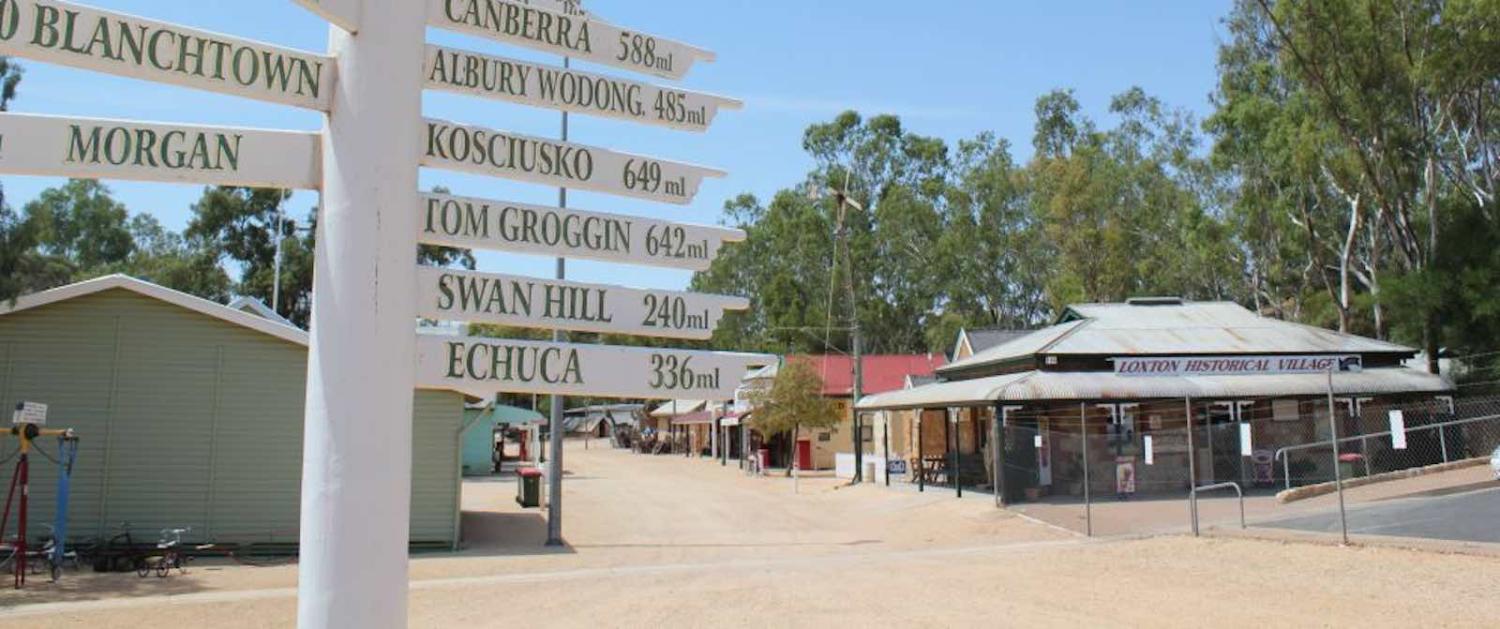One country town, two people. One of them a hero who added to the legacy of the uncomplicated stoicism and selflessness that Australians popularly associate with “the bush”, and the other someone who betrayed it.
Last week two people from the small Riverland town of Loxton in South Australia (population 4,500) featured in the news for their endeavours in far-off lands. Loxton is no stranger to bravery – many of its street names were changed by Second World War veterans to honour servicemen and women and the battles they fought in. One of those streets is named after a nurse from the district, Sister Elaine Balfour-Ogilvy, one of 22 nurses executed by the Japanese in 1942 at Bangka Island.
Supporters of ISIS and al-Qaeda are, in the West at least, nearly a uniquely urban phenomenon.
Seventy-five years later another nurse from the district faced an intolerant, ruthless enemy and was killed by them in the course of helping others. In June 2017, Kirsty Boden was stabbed to death by ISIS-inspired terrorists in London after she rushed out of a restaurant to help victims during an attack. Last week, Boden was posthumously awarded the bravery medal by the Australian government. A scholarship named in her honour has also been established by the state government in South Australia.
A physical and ideological world away, in a dusty detention centre in eastern Syria, another product of Loxton made the news for entirely different reasons. Maher Absar Alam had travelled overseas not to help humanity but to try to enslave it. A year after Kirsty Boden went to London, Alam allegedly crossed into Syria via the Jarabulus crossing point and joined ISIS, the very organisation that killed Kirsty.
Supporters of ISIS and al-Qaeda are, in the West at least, nearly a uniquely urban phenomenon. Large and multicultural populations allow a person to be isolated from broader liberal society while living amid an inwardly supportive but externally intolerant Salafist clique, an experience which hasn’t been readily seen in the bush.
Terrorist sympathisers uncovered in rural areas have actually been more a product of the city. In 2017, for instance, Haisem Zahab was arrested in the southwest NSW town of Young. The following year he pleaded guilty to terrorist offences related to support of ISIS. But Zahab had moved to Young from Sydney several years before where he had criminal convictions over drug and firearms charges.
Alam’s story is different. While he moved to Melbourne for university, from what we know he was a genuine product of a South Australian country upbringing. If people find it hard to understand how ISIS can find adherents in Australia, to find someone who travelled thousands of kilometres to join a radical Islamist group came from the same part of rural Australia that produced Kirsty Boden is an additional shock. But it is also a reminder that in the digitised and globalised world, not even an upbringing in the nation’s heartland is sufficient to guarantee loyalty.

